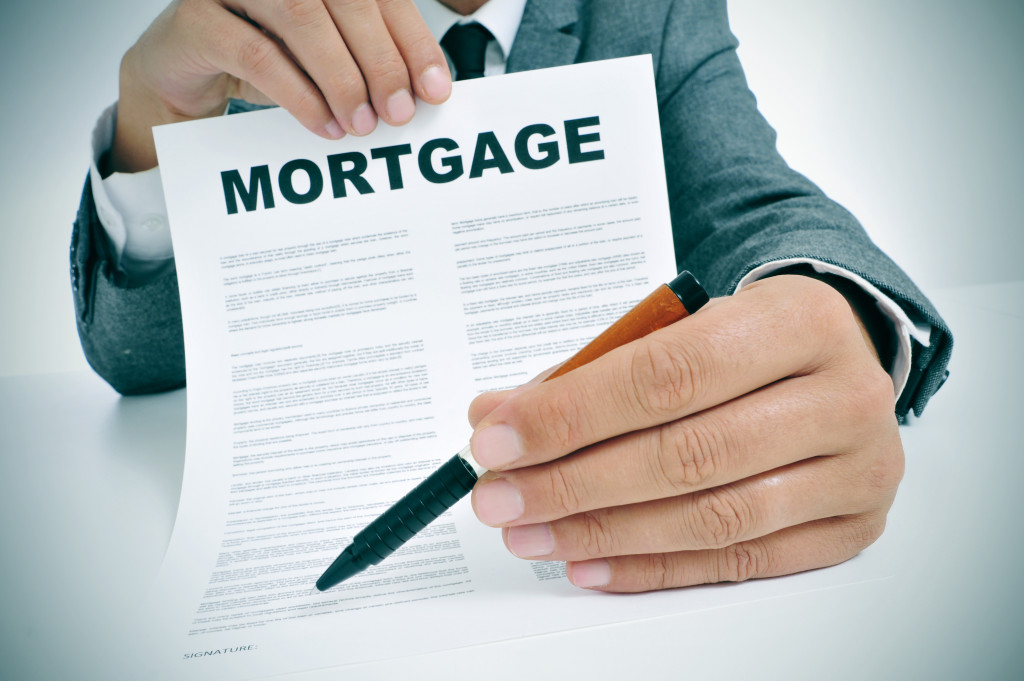Purchasing a home is one of the most important decisions you will ever make in your life. It’s also one of the most significant investments you’ll ever make. So it’s essential to do your homework before you even start looking for a house to know where your finances stand.
Stay updated about the housing market to guide your decision-making. For instance, CoreLogic predicts that home prices will increase by 5.9 percent by March 2023 from the March 2022 levels. Meanwhile, mortgage rates are expected to reach 4.8 percent by year’s end.
With both prices and mortgage rates increasing, it may be a good time to nail down a price and a rate as soon as you can afford it. Here are some tips to follow when financing your new home purchase.
Get Your Credit in Order
A low credit score will harm your chances of getting a home loan. Your credit score will also determine the interest rate you’ll pay on your mortgage. So it’s vital to get your credit in as good of shape as possible before applying for a loan.
This is one of the most important things you can do when financing your new home purchase. To know your credit score, ask for a copy from Experian, Equifax, and TransUnion. You can get this for free once a year at AnnualCreditReport.com.
If your credit score is below 600, you may have trouble getting a loan. If your score is between 600 and 650, you’ll likely pay a higher interest rate. Anything above 650 is considered good credit.
You can improve your credit score by paying down your debt and keeping your credit card balances low. You should also avoid opening any new lines of credit before applying for a home loan.
Save for a Down Payment
If you do not have enough money saved for a down payment of 20 percent, you will have to pay private mortgage insurance (PMI). Hence, the more money you have for a down payment, the better.
If you don’t have enough saved for a 20 percent down payment, consider waiting to purchase your home until you do. Or, you can look into government-backed loans, such as an FHA loan, which only requires a 3.5 percent down payment.
Get Pre-Approved for a Mortgage
You should know how much house you can afford and the interest rate you’ll pay on your loan before you start looking for a home. Remember that your monthly mortgage payment shouldn’t be more than 28% of your gross monthly income. That’s why it’s crucial to get pre-approved for a mortgage first.
You can get pre-approved for a mortgage by submitting your financial information, such as your income, debts, and assets, to a local mortgage broker. The broker will then give you a letter that states how much they are willing to lend you. Submit your application to at least three brokers so that you can compare their interest rates and closing fees.

Manage Closing Fees
Closing fees are the costs associated with getting a loan and can cost from three to six percent of the loan. In 2021, the average closing cost was $3,860. In some states, the buyer also shoulders transfer taxes, raising that average to $6,905.
If you do not have enough cash right now for closing fees, you can negotiate with the seller of the home you’re purchasing to cover some of your closing costs. In some cases, sellers are willing to do this to make their homes more attractive to buyers. Just be sure to factor these costs into your offer when you’re negotiating the home price.
You can negotiate with the loan broker to have them cover some or all of your closing costs. Some are willing to even include the closing fees in the loan, so you do not have to spend much upfront. Note that it means you will also be charged interest on those closing fees, increasing your monthly payments.
Be Prepared for Additional Costs
In addition to the purchase price of the home, there are other costs you need to be aware of. If you’re not prepared for these additional costs, your dream home could quickly turn into a financial nightmare.
These include home inspection fees, which can cost around $200 to $600. You will also need to have money set aside for things like painting, new furniture, utility bills, and monthly maintenance. Don’t forget to factor in the cost of property taxes and homeowners insurance, as well.
You should also have an emergency fund set up to cover any unexpected repairs or expenses that may come up. Ideally, you should have 3-6 months’ worth of living expenses saved. This will help you avoid financial difficulties down the road.
Planning Before Buying
Purchasing a home is a big decision — probably one of the biggest investments you will ever make. Financing your new home purchase is an important part of the process. By following these tips, you can be sure you are prepared for this huge investment.
